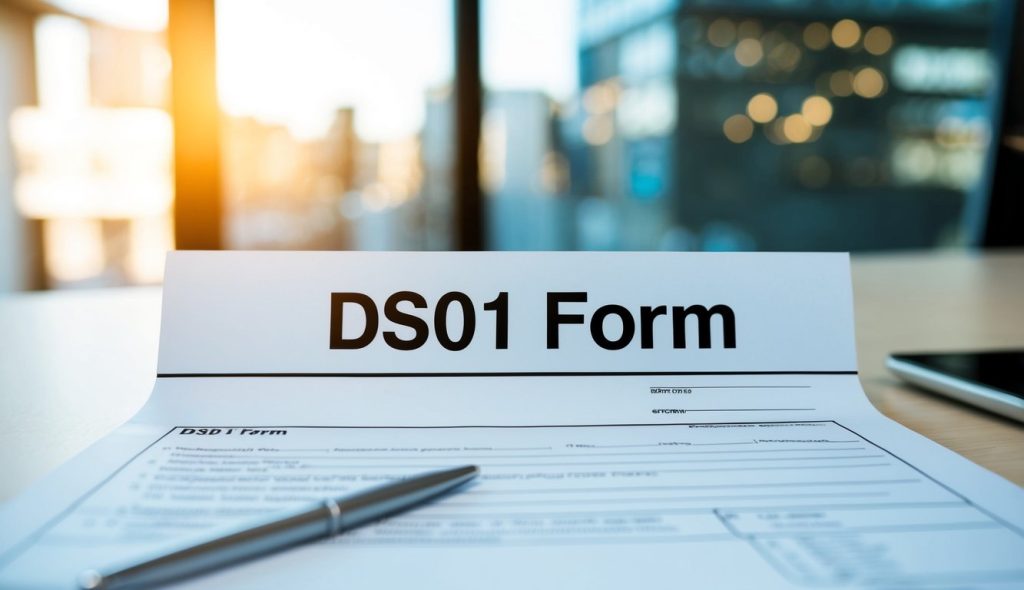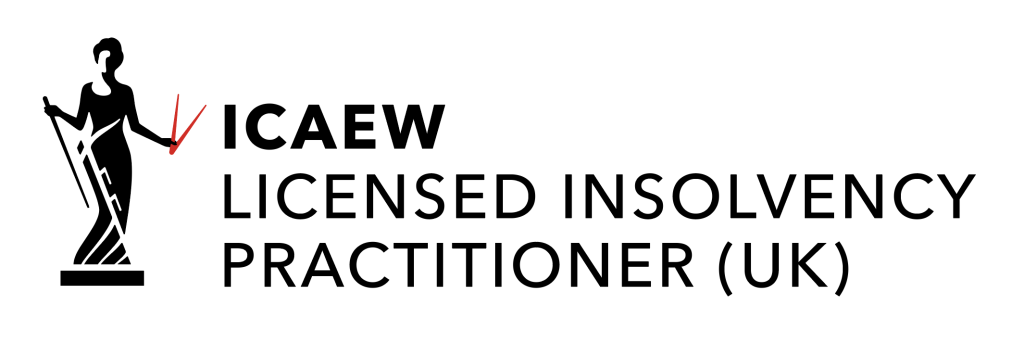How to Close a Dormant Company
If your limited company is dormant and you want to close it, voluntary strike off is often one of the simplest options. Anderson Brookes can help you through the process and offer expert guidance at every stage. As licensed insolvency practitioners, we’ll confirm whether strike off is suitable and explain what you need to do next. If your company has debts, we can advise on the appropriate insolvency options.
Get Help Closing a Dormant Company
Closing a Dormant Limited Company Step-by-Step (UK Guide)
If your limited company is no longer trading, and has no debts, employees, or bank transactions, it may qualify as dormant. But simply leaving it dormant isn’t always safe. Unclosed companies can trigger late filing penalties, be targeted for compulsory strike off, or cause problems if you want to launch new ventures.
This guide explains how to formally close a dormant company, when voluntary strike off is the right option, and how to avoid common pitfalls.
At Anderson Brookes, we support directors with fast, compliant company closures – making sure nothing is missed and that you stay protected from future risk.
What Counts as a Dormant Company?
A company is considered dormant if it has had no significant accounting transactions during a financial year.
According to HMRC and Companies House, this means:
-
No trading income or commercial activity
-
No wages or PAYE
-
No interest or bank movements (apart from Companies House fees)
-
No asset purchases, loans, or payments to directors
Dormant companies often remain on the register to preserve a brand name or for planned future use. But if it’s no longer required, closing it the right way avoids future penalties and ensures finality.
Can I Just Let a Dormant Company Sit There?
Technically, yes – but it’s not risk-free.
Even if your company is dormant:
-
Confirmation Statements still need filing
-
Dormant accounts must be submitted yearly
-
Penalties apply if you miss filing deadlines
-
Strike off action can be triggered if Companies House suspects inactivity
-
Directors may still carry legal responsibility
Closing the company removes all admin and liability — and if it has zero debts or assets, the process can be quick and low-cost.
Strike Off vs Liquidation – What’s Right for a Dormant Company?
| Option | When to Use | Key Difference |
|---|---|---|
| Voluntary Strike Off | When the company is dormant, solvent, and has no remaining assets or liabilities | Quick, cheap, and handled by directors |
| Members’ Voluntary Liquidation (MVL) | If the company has >£25,000 in retained profits or complex structure/history | Offers tax efficiency and legal finality via a licensed IP |
| Creditors’ Voluntary Liquidation (CVL) | If the company has any outstanding liabilities or is technically insolvent | Protects directors, triggers creditor notifications |
If you’re unsure whether your company qualifies for strike off or needs a formal liquidation, speak to us directly – we’ll provide clear, confidential advice based on your situation.

How to Close a Dormant Limited Company - Full Step-by-Step
1. Check Eligibility for Strike Off
You can only apply for strike off under section 1003 of the Companies Act 2006 if the company:
Has not traded in the last 3 months
Has not changed names or sold assets
Has no active liabilities, debts, or creditor arrangements
Is not facing legal action, insolvency, or liquidation threats
Failing this test? You may need liquidation instead. It’s an offence to apply for strike-off if your company is not eligible.
2. Settle Any Loose Ends
Before applying to dissolve your company:
-
Close the business bank account
-
Pay any final Companies House or HMRC fees
-
Distribute any remaining assets (or else they pass to the Crown)
-
Ensure all Corporation Tax and VAT returns are filed
-
Notify HMRC that the company is dormant if not already done
3. File the DS01 Strike Off Form
Complete form DS01 via Companies House (online or by post)
Pay the filing fee: £33 online or £44 by post
Have it signed by the majority of directors
Keep a record of the submission date
“Mr Rikki Burton and team are very professional, efficient and patient. The work conducted was very smooth and the transition Was without any hiccups. They gave time to put evidences upfront to support the liquidation.
Great communication and highly recommended.” Jaspreet Singh
4. Notify All Interested Parties
You must tell the following groups within 7 days of submission:
-
HMRC
-
Creditors
-
Shareholders
-
Banks
-
Employees (if any remain)
Failure to notify can lead to personal fines or the application being blocked.
5. Wait for Objections and Final Notice
The strike off application is published in The Gazette
Creditors have 2 months to object
If no valid objections are raised, the company will be struck off the register and dissolved
- If an objection is received, the strike-off can be suspended

What If the Company Has Leftover Assets?
If your company holds any bank balances, shares, or property when it is struck off, those assets become bona vacantia – property of the Crown.
Reclaiming these assets involves complex reinstatement and court fees. Always extract or transfer any remaining assets before the DS01 is filed.

Should I Get Help Closing a Dormant Company?
If the company is small, clean, and clearly dormant, directors can manage strike off themselves. But if there’s any doubt – group structures, old debts, past trading – professional advice is essential to avoid unintended consequences.
We’ve supported thousands of directors across the UK with fast, confidential company closures. No jargon. No judgment. Just clear, practical guidance to help you move on.
Free Advice From Licensed Insolvency Practitioners
If you want help:
Understanding your eligibility for strike off
Avoiding future personal liability
Knowing whether liquidation is safer
…speak to the expert team at Anderson Brookes.
📞 Call free: 0800 1804 935
📩 Email: advice@andersonbrookes.co.uk
Our support is fully confidential – and tailored to your company’s unique position.
Frequently Asked Questions
Have a company in England or Wales? These are your limited company business debt, liquidation and insolvency questions answered.
How do I close a dormant company?
If your limited company is genuinely dormant, the usual way to close it is to apply for voluntary strike off (dissolution). In practice, that means checking the company is eligible, dealing with any loose ends (like bank accounts or assets), then submitting the strike-off application and waiting for the objection period to pass.
Can I strike off a dormant company?
In many cases, yes. However, you cannot apply if the company has traded or changed its name in the last 3 months, or if it is in (or about to enter) formal insolvency proceedings, and it’s an offence to apply if the company is not eligible. If you’re unsure, Anderson Brookes can confirm whether strike off is appropriate before you submit anything.
What should I do before I strike off a dormant company?
Before you apply, make sure you have dealt with anything that could cause problems later, such as closing bank accounts, settling any liabilities, and ensuring the company is not holding assets you still need. Companies House also expects you to follow the rules about notifying relevant parties after you apply.
How much does it cost to strike off a dormant company?
The DS01 strike-off application costs £33 online or £44 by post at the time of writing. From 1 February 2026, Companies House fees are due to change to £13 digital and £18 paper for voluntary strike off.
How long does it take to strike off a dormant company?
Once Companies House accepts the application, it publishes a notice in the relevant Gazette. If there’s no reason to delay, the company is struck off not less than 2 months after the Gazette notice is published (in some cases it can be quicker).
Who do I need to notify when closing a dormant company?
After you apply, you must send copies of the application to all relevant parties within 7 days. This typically includes shareholders, creditors (including HMRC), employees, and any directors who did not sign the application.
What happens if my dormant company still has money in the bank or other assets?
If a company is dissolved while it still owns assets (including cash in the bank), those assets can pass to the Crown. In most cases, you should deal with assets properly before you apply, and Anderson Brookes can advise on the safest route if anything remains in the company.
Can HMRC or a creditor stop the strike off of a dormant company?
Yes. Interested parties can object during the objection period, and an objection can delay or prevent the company from being struck off. If that happens, you may need to resolve the underlying issue (for example, outstanding filings or liabilities) before you can proceed.


